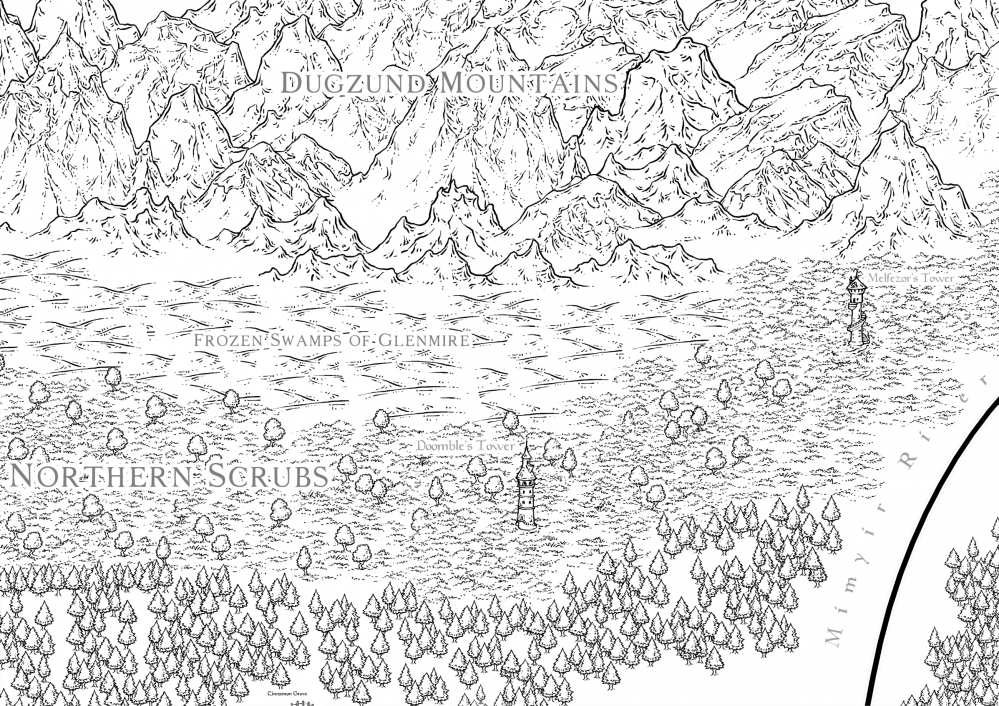
Vigilant RPG
How to Play - the Core Mechanic
The Core Mechanic
It’s dice pools! This is not a particularly revolutionary approach, but the context and implementation make the difference. Every character has 2 pools of d6s – a physical and a mental pool. Using any number of dice from a pool a character can take any action that is governed by that pool, so for instance you could use 2 dice from your physical pool to roll an attack on 2d6, or 2 dice from your mental pool to try to pick a lock on 2d6. Like in many other games if the result of your roll + any modifiers beats the TN for the action then you successfully complete the action. The added layer is that characters can respond to actions taken by other characters and monsters should they have dice remaining in their pool to do so, so a character may dodge out of the way of an attack using a physical die, or counter a spell with some number of mental dice. In a pinch, characters can transfer dice between pools by spending 2 dice of one type to receive 1 dice of the other.
Characters will start with between 3-4 dice spread between pools depending on their class. The working range of numbers is kept fairly low at lower levels, so how characters use their dice in a given round is important and can change dramatically depending on how combat is going and what they are facing. An attack roll of 5 will hit most characters who lack the dice to dodge, and damage numbers tend to be high, making combat a careful tactical balance of wearing down an opponent’s defenses to get in for a bunch of damage while maintaining enough dice to defend yourself. And then there’s some inherent risk and uncertainty involved as you don’t know automatically other character’s dice pools – that ogre just blocked a swipe from my friend, can I assume he’s out of gas for the round and go in for a flurry of attacks or am I gonna get walloped on the ogre’s turn? Perks and class features add further ways to react or juggle dice around, and the end result is pretty darn fun with plenty of meaningful choices in a given round.
What’s the point though?
I started off as a little AD&D junkie, and eventually moved onto 3.5e which I’ve played most of my games in. Within those systems and d20s in general my biggest gripe as a player and DM was that combat if played by-the-book became repetitive and predictable – if you’re a fighter you would just move and attack every round, the only difference being the probability with which you’d hit, if you’re a wizard you sit at the back and toss out your strongest spell without any additional considerations. Class features and funky spells add some spice sure, but the only difference is that instead of attacking you just use your ability instead. Within the core rules players can have minimal consideration for what other characters and enemies are doing in a given combat, and generally will do the same thing every turn. If combat between 2 commoners just comes down to a raw calculation of probability that either character has minimal control over then I think there’s an issue. To make interesting combats in d20 you have to take interesting approaches that aren’t covered in the basic rules which requires the DM to come up with stuff on the fly – which can be a lot of fun sure, but I would prefer to have the option to do interesting nonstandard things and a combat system that is engaging on its own.
That deficiency is the primary design goal of Vigilant; to provide a combat system that has meaningful tactical considerations, provides diverse options, and is engaging in itself before any additional class features or system bloat is added on top of it. I think we got it. Combat is deep and interesting, and it’s been fun to just bounce generic characters off one another with different pool totals. People tend to have wildly different approaches to combat even with identical character builds which has been lots of fun, and the system can still accommodate players who just want to throw dice at the problem and not sweat the consequences. As characters increase in level they get more dice in their pools which in turn adds more options, so the game naturally climbs in complexity as you play it. This makes higher level characters more fun to play not because they’re just more powerful but because they have an exponentially greater number of things to do with that power. Basically there’s a bunch of depth if you want it without the system needing to be as complex as say RoleMaster
That’s about it from me! Here’s a chunk of the base book below that touches on the same stuff I just talked about. Next time I’ll talk about attributes or classes or something.































![TerrainFest 2024 Begins! Build Terrain With OnTableTop & Win A £300 Prize! [Extended!]](https://images.beastsofwar.com/2024/10/TerrainFEST-2024-Social-Media-Post-Square-225-127.jpg)
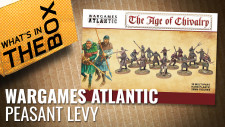

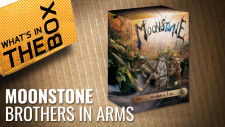






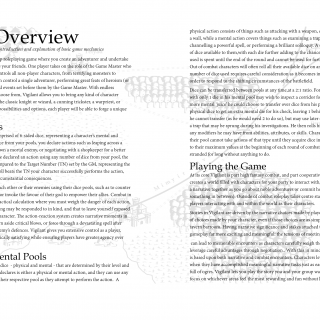
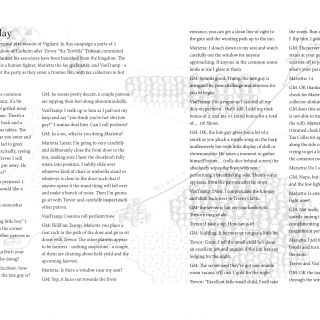
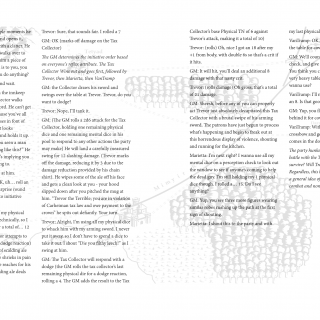

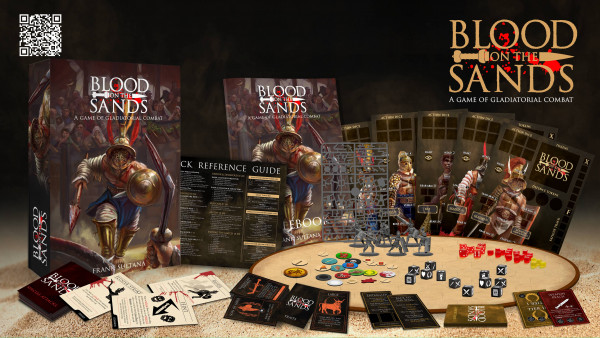


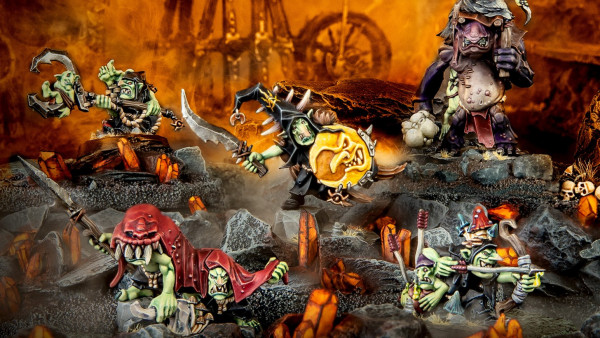
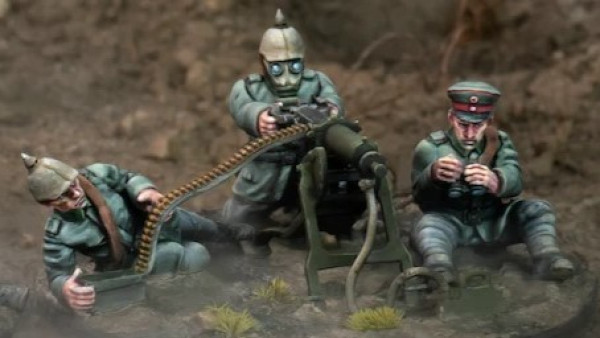

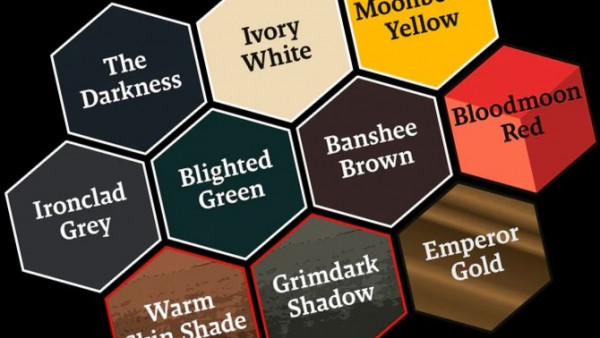
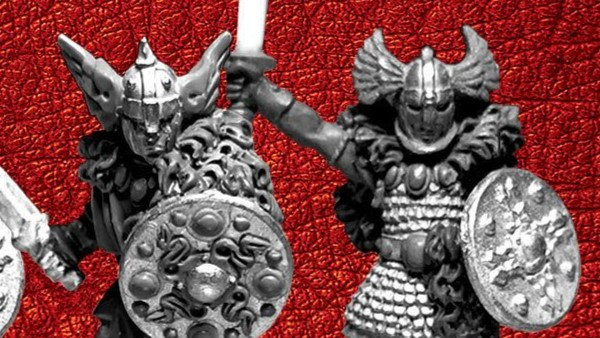
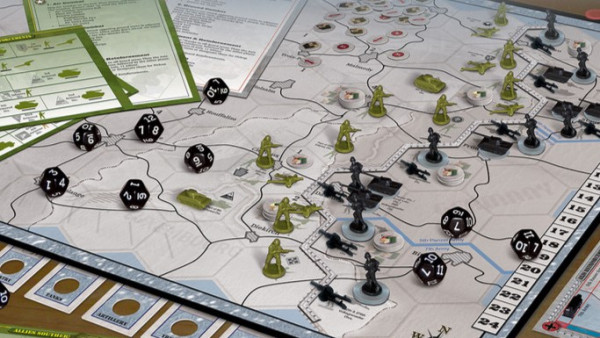










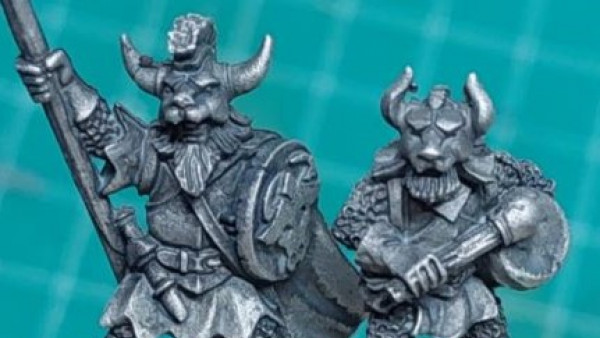

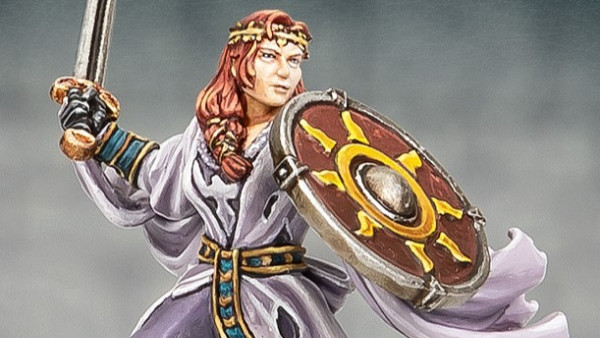
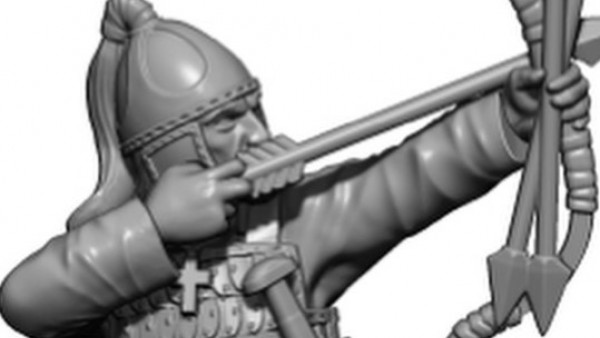
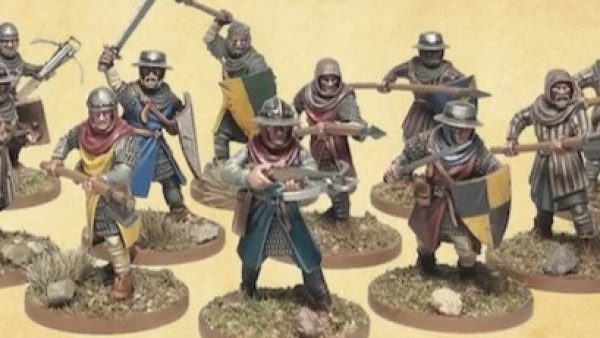
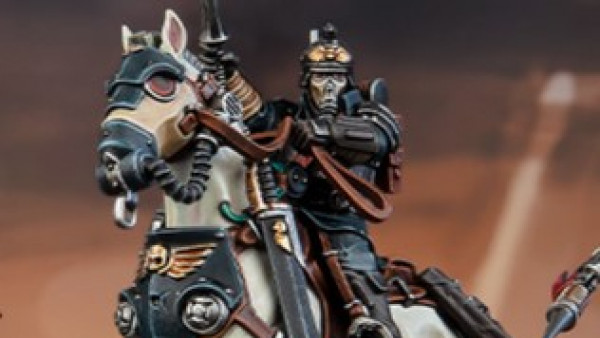

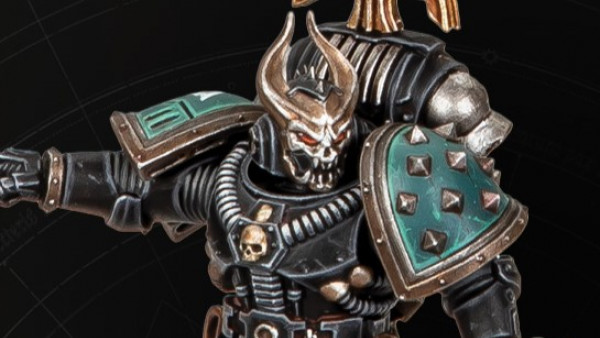





Leave a Reply